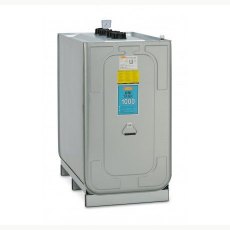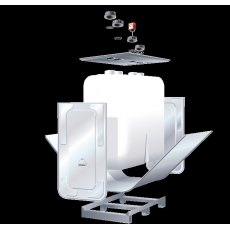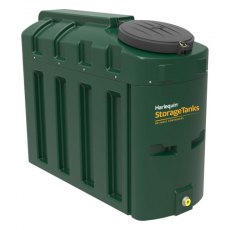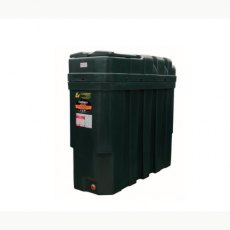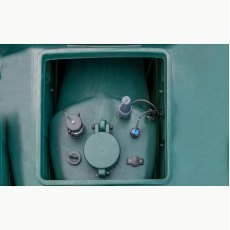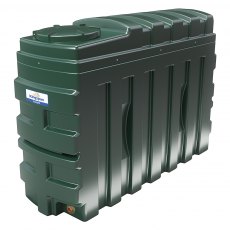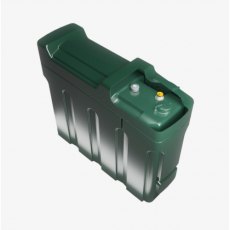Oil Tank Regulations

In Ireland, there are specific regulations and guidelines regarding the installation and maintenance of oil tanks, particularly for home heating purposes. These regulations are essential for ensuring safety, environmental protection, and compliance with legal requirements. Here's a detailed overview:
Important information : Single Skin Oil Tanks
Single Skin Oil Tanks, which do not have a form of secondary containment, are generally unsuitable for most installations due to the high risk of environmental pollution in case of a spill. They are particularly unsuitable for agricultural, commercial, industrial, and institutional installations. In many situations, installing a Single Skin Tank where a Bunded Tank is required is a criminal offense. Bunded Tanks, which consist of a tank within a tank, are recommended as the outer tank acts as a failsafe in case of spills, thus averting environmental pollution.
Single Skin Tanks are therefore inherently unsuitable for installation at any agricultural, commercial, industrial and institutional installations. At many installations, fitting a Single Skin Oil Tank where a Bunded Tank is legally required is a criminal offence.
Single Skin Oil Tanks are also unsuitable for installation at most domestic oil storage installations too. They should never be installed where:
- The tank is within 10 metres of a river, stream, ditch, lake, canal, the sea, soakaway, septic tank, effluent treatment system, water storage tank, aquifer or gully, or where a spill from the tank could reach the aforementioned.
- The tank is within 10 metres of an open drain or manhole, or where a spill could run into an open drain or manhole.
- The vent point is not visible from the fill point and / or an offset fill point is in use.
- The tank is within 50 metres of a well, borehole or spring, or where a spill from the tank could reach the aforementioned.
- The tank is supplying fuel to premises other than a dwelling occupied by a single family.
- The tanks is positioned within 50 metres of agricultural land.
- Any other site specific hazard exists.
- In the event of a spillage (however caused) a pollution incident will result.
Even where a Single Skin Tank may currently suffice, serious consideration should be given to fitting a Bunded Tank. Unlike Single Skin Tanks, Bunded Tanks consist of a 'tank within a tank'. The inner tank is the primary storage vessel, whilst the outer tank acts as a failsafe. In the event of a spill, any surplus fuel will be safely and securely contained within the outer tank and an environmental pollution incident will be averted.
Siting of Oil Tanks is governed by BS5410 and Building Regulations:
- The minimum separation from a building is to be 1.8m and 0.76m from a boundary.
- Location within a building will require additional considerations.
- Adequate protection from impact damage is a requirement of the regulations.
- The use of an oil separator in surface water drainage should be considered.
If the tank is located within a building, additional considerations are required. Tanks must be adequately protected from impact damage and the use of an oil separator in surface water drainage is recommended.
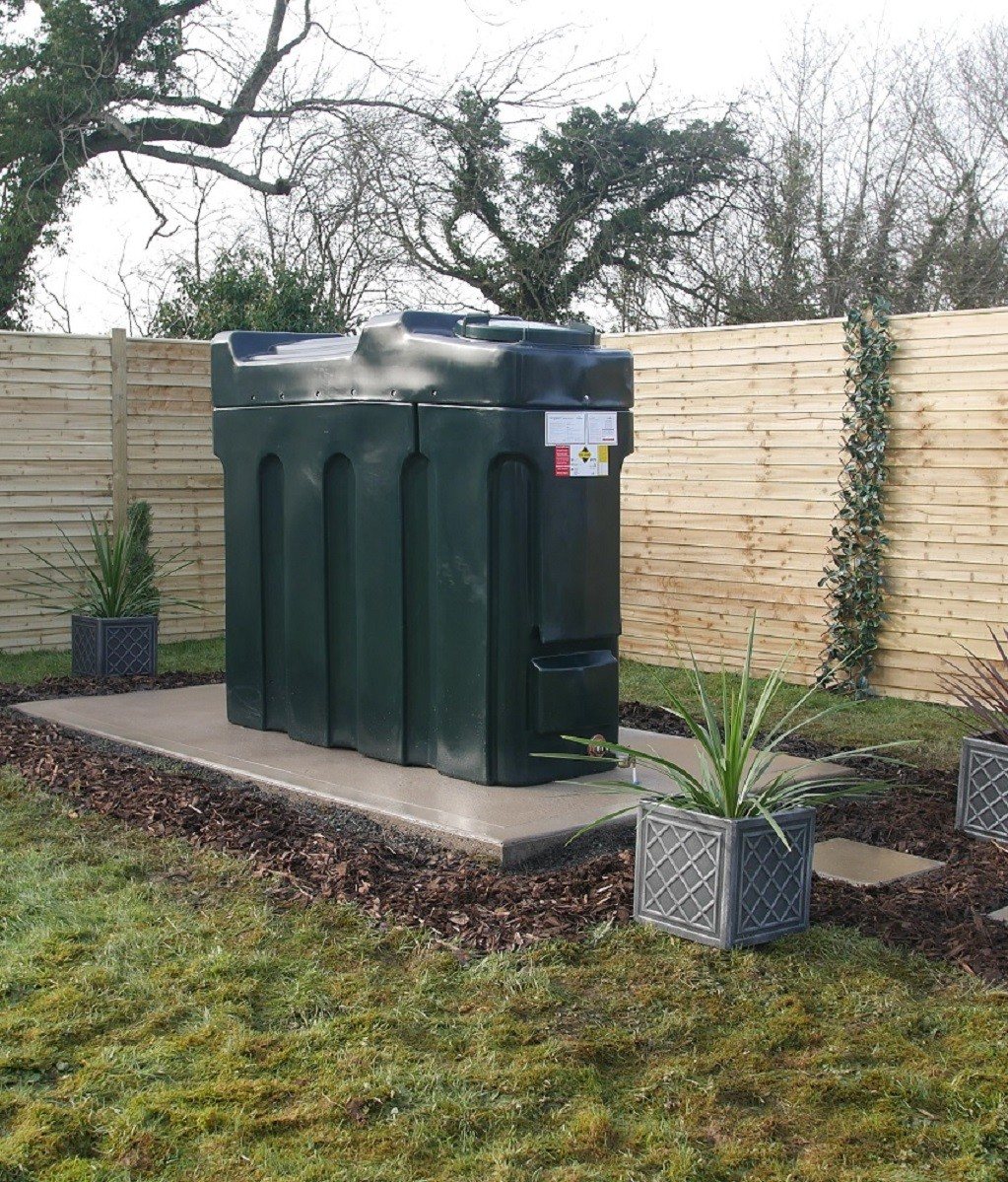
Planning and Building Regulations: Before installing an oil tank in Ireland, it is crucial to check local planning regulations. In some cases, planning permission may be required, especially if the location is in a conservation area or near a water source. The installation must adhere to building regulations, ensuring the tank’s construction, safety features, and installation are compliant with the Building Control Regulations.
Environmental Regulations: There are strict environmental regulations governing the installation and maintenance of oil tanks. These regulations cover aspects like spill prevention, tank maintenance, and the use of environmentally friendly materials.
Tank Construction and Maintenance: Modern fuel storage tanks can be made from plastic or steel and should ideally be manufactured to OFTEC Standards. The expected working life of a fuel tank is around 20 years, with the risk of failure increasing with age. Regular inspections and maintenance are essential. Tanks should be visually checked annually as part of the heating system service. Warning signs like rust, cracks, bulging, and sudden increases in fuel usage should be monitored.
These regulations are designed to ensure the safe and environmentally responsible use of oil tanks in Ireland. Adherence to these regulations is crucial for both safety and compliance with legal requirements.
Tanks.ie will assume no responsibility whatsoever for the installation of a Single Skin Tank where a Bunded Tank is required.
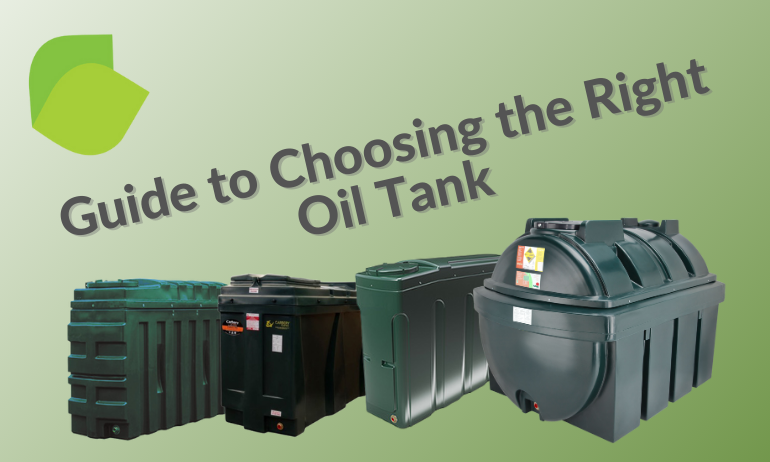
Guide to Choosing the Right Oil Tank

How to Prevent Theft of Heating Oil


